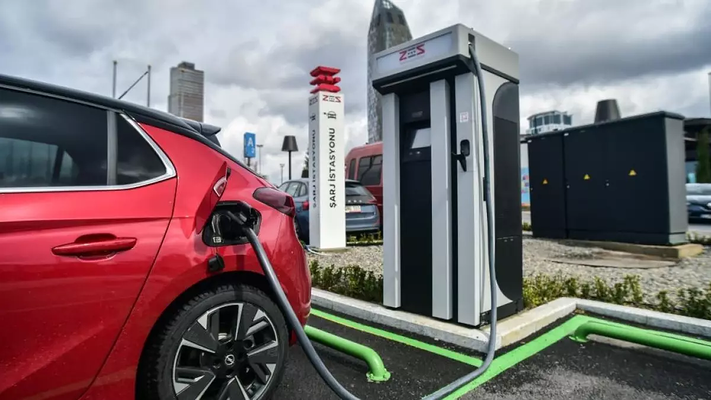Electric Vehicle Fleet in Türkiye Approaches 320,000 Units

ISTANBUL — The number of electric vehicles (EVs) on Turkish roads has climbed to 319,155 as of the end of September, according to data released by the Turkish Statistical Institute (TÜİK) on Oct. 17.
Over the past decade, Türkiye has witnessed a dramatic shift in its vehicle landscape, moving from an almost nonexistent EV presence to a rapidly expanding market segment.
In the early 2010s, electric mobility was virtually absent: only 24 EVs were registered in 2011, followed by 175 in 2012, 353 in 2013, and 412 in 2014. Growth remained modest for several years but gained steady momentum, reaching 952 units by 2018 and surpassing 1,000 in 2019.
The real acceleration began in the 2020s. Official figures show nearly 2,800 EVs in 2020, increasing to 6,267 in 2021 and more than 14,500 in 2022. In 2023, the market took a major leap as registrations quadrupled to 80,043.
The upward trend continued at full speed. In 2024, the number more than doubled again to 183,776, reaching 319,155 by 2025.
Despite this impressive growth, EVs still account for only 1.9% of Türkiye’s total vehicle fleet — yet their rapid adoption signals a clear shift in consumer preferences, supported by incentives and policies promoting cleaner transportation.
As of September 2025, Türkiye had over 17 million registered passenger cars. The breakdown of the fleet is as follows:
-
5.23 million gasoline vehicles
-
5.62 million diesel vehicles
-
5.2 million LPG-powered cars
-
602,150 hybrids
-
319,155 fully electric vehicles
While internal combustion engines remain dominant, the sharp rise in both hybrid and electric registrations marks a turning point for the country’s mobility landscape.





